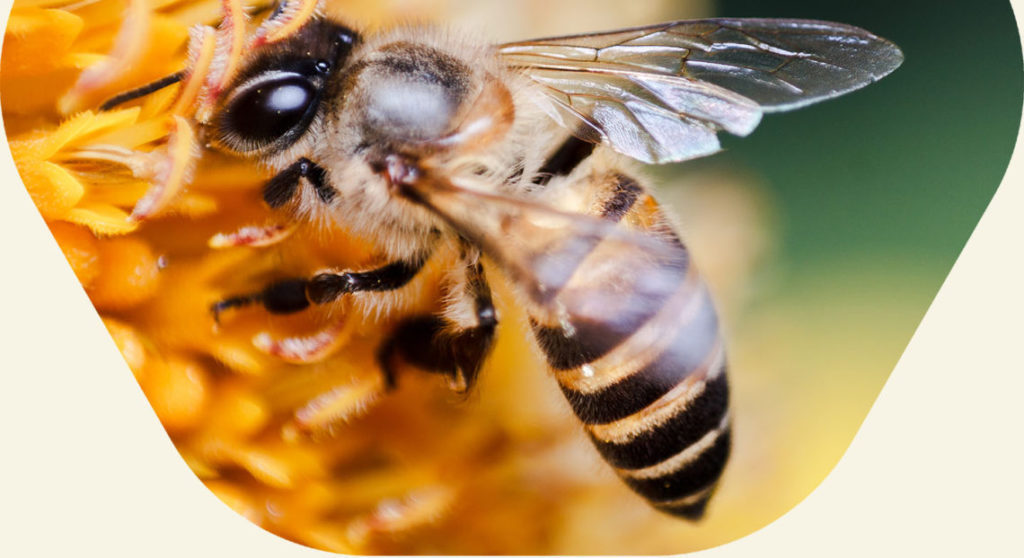The classic substitute for honey is the sugar solution. Here, sugar is usually mixed with water in a ratio of 3:2, or less frequently 1:1. This sugar is chemically identical to the sucrose contained in nectar and honeydew, the raw materials of honey. The bee therefore also possesses the necessary metabolic enzymes, such as Invertase, to be able to use sucrose as a nutrient. The production of the sugar solution is usually associated with a high labour spending. The microbiological instability of such a food must also be taken into account, which results in a limited shelf life and thus a limited period of use for the prepared sugar solution. It may therefore be necessary to repeat the operation.


